Support Groups and Social Clubs: Encouraging Participation in Group Activities
Home Instead Dorchester strongly advocates for the significant benefits that support groups and social clubs can offer to the wellbeing of our clients.

Home Instead Dorchester strongly advocates for the significant benefits that support groups and social clubs can offer to the wellbeing of our clients. Understanding the benefits and opportunities these groups provide is essential for anyone considering joining a support group for the first time or encouraging a loved one to participate in social activities. This comprehensive guide will explore how support groups and social clubs foster a sense of belonging, enhance mental health, and promote an active, fulfilling life.

The Importance of Support Groups and Social Clubs
Support groups and social clubs provide a crucial lifeline for individuals seeking connection and understanding. These groups offer a safe space where group members can share personal experiences, develop coping strategies, and build meaningful relationships. A systematic review of numerous studies highlights the positive impact these groups have on mental health, social skills, and overall wellbeing.
Enhancing Mental Health and Wellbeing
Participating in support groups can significantly improve mental health. Group members often find solace in knowing they are not alone in their struggles. Whether dealing with a specific medical condition or general life challenges, sharing experiences with others who understand can alleviate feelings of isolation and despair. For many, this connection fosters a renewed sense of hope and resilience.
For example, individuals facing mental illness can benefit greatly from joining support groups where they can discuss their challenges without fear of judgement. These group meetings provide a platform for expressing emotions, receiving validation, and learning from the experiences of others. In turn, this can lead to better mental health outcomes and a reduction in symptoms of mental health problems.
Promoting Physical Activity and Social Skills
Social clubs often focus on engaging members in various activities that promote physical health and social interaction. From walking football to enjoyable game nights, these clubs encourage members to stay physically active while enjoying the company of others. Physical activity not only benefits the body but also enhances mental health by reducing stress and improving mood.
Moreover, participation in social clubs helps members develop essential communication skills. Interacting with a diverse group of individuals in different settings can improve body language, active listening, and empathy. These skills are invaluable in daily life, enhancing personal relationships and social wellbeing.

Different Types of Support Groups
Support groups come in various forms, catering to different needs and interests. Understanding the types of support groups available can help individuals find the right fit for their circumstances.
Face-to-Face and Online Support Groups
Face-to-face meetings provide direct social interaction, fostering a strong sense of community and immediate emotional support. However, online support groups offer flexibility and accessibility, especially for those with mobility issues or time constraints. Both formats can be equally beneficial, depending on the individual’s preferences and needs.
Specific Medical Condition Support Groups
Support groups focusing on specific medical conditions, such as diabetes, cancer, or mental illness, provide tailored support and information. These groups allow members to share coping strategies and resources specific to their condition, offering a sense of common ground and understanding.
General Wellbeing Support Groups
General wellbeing support groups focus on overall mental and emotional health, addressing a wide range of issues from stress and anxiety to grief and relationship challenges. These groups provide a broader scope of support, appealing to individuals with varied experiences and needs.
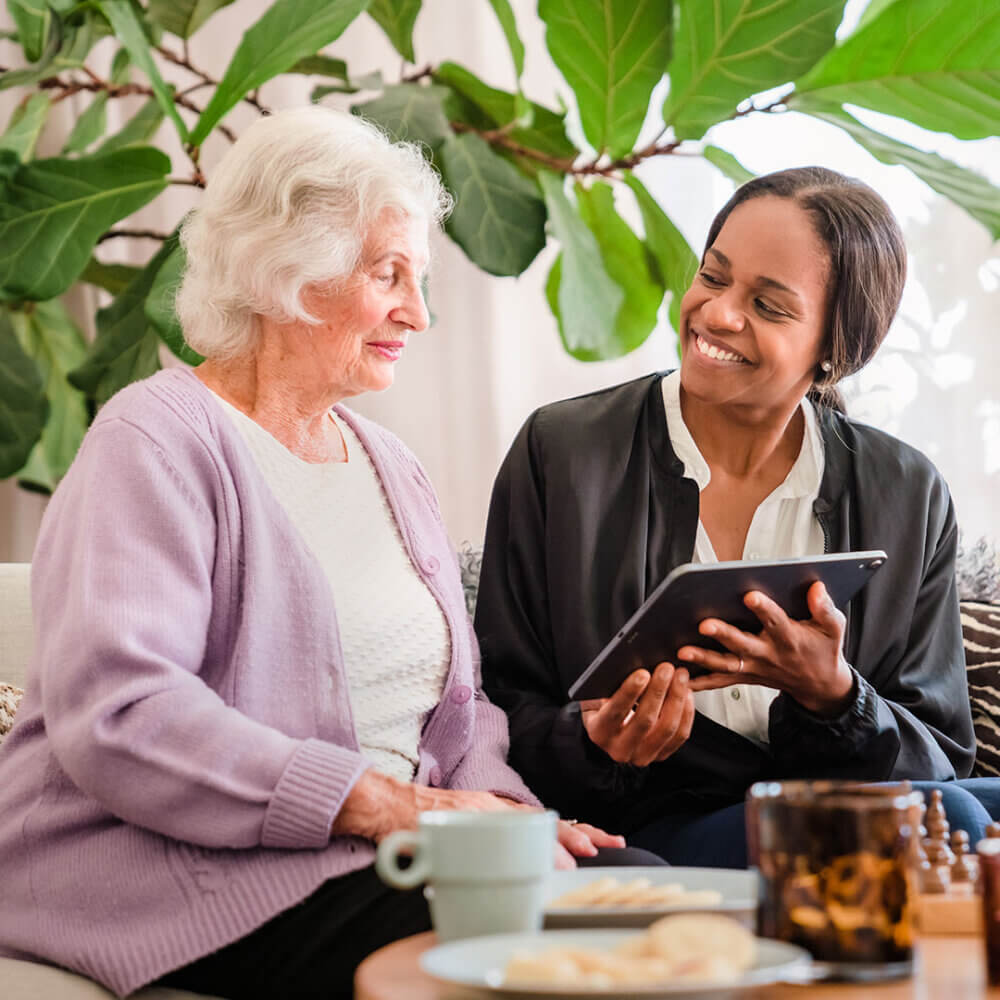
Encouraging Participation in Group Activities
Encouraging participation in group activities can sometimes be challenging. Family members and Care Professionals play a vital role in motivating their loved ones to join these groups. Here are some strategies to help encourage participation:
Highlighting the Benefits
One effective way to encourage participation is by highlighting the numerous benefits of joining support groups and social clubs. Explain how these groups offer a sense of community, opportunities for new friendships, and a platform for personal growth. Emphasising the positive impact on mental and physical health can also be a compelling motivator.
Providing Support and Encouragement
Support from family members and Care Professionals is crucial. Accompanying a loved one to their first few group meetings can help ease their anxiety and build their confidence. Offering continuous encouragement and showing genuine interest in their experiences can reinforce their commitment to participating.
Finding the Right Group
Not all groups are created equal, and it is important to find one that aligns with the individual’s interests and needs. Research different support groups and social clubs in the local area or online support groups that cater to specific interests or conditions. Whether it is a book club, a gardening group, or a support group for a specific medical condition, finding the right fit can make all the difference.
Making It Enjoyable
Emphasising the enjoyable aspects of group activities can also encourage participation. Social clubs often organise events and activities that are not only beneficial but also enjoyable. From arts and crafts sessions to themed parties, these activities can reignite a sense of joy and adventure.
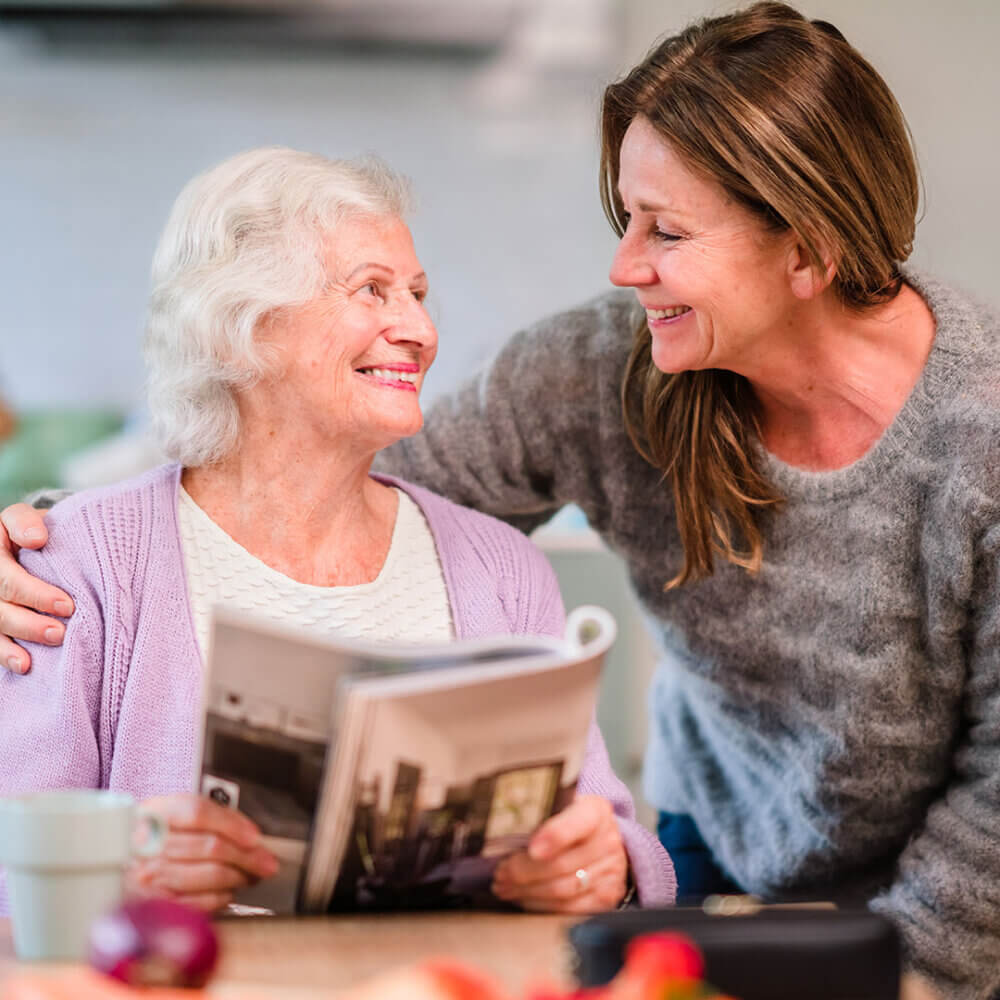
Building a Caring Environment
Home Instead Dorchester understands the importance of creating a caring environment where our clients feel valued and supported. Our professional caregiving team is dedicated to providing personalised care that meets the unique needs of each individual. Here is how we support group participation:
Personalised Care Plans
We develop personalised care plans that take into account the interests, preferences, and health needs of our clients. By understanding what motivates and excites them, we can recommend suitable support groups and social clubs that will enhance their quality of life.
Transportation and Accompaniment
One of the barriers to group participation is often the logistics of getting to and from meetings. Our Care Professionals provide transportation and can accompany clients to group meetings, ensuring they feel comfortable and supported throughout the experience.
Continuous Monitoring and Feedback
We continuously monitor the progress and wellbeing of our clients, gathering feedback to ensure they are benefiting from their participation in group activities. This allows us to make necessary adjustments and provide ongoing encouragement and support.
Promoting Social Interaction
We actively promote social interaction among our clients by organising in-house group activities and events. These smaller groups create opportunities for clients to engage with each other in a familiar, comfortable setting, paving the way for participation in larger community groups.

Local Partnership with Age UK North, South, and West Dorset
In addition to our in-house efforts, we are proud to partner with local organisations such as Age UK North, South, and West Dorset. This esteemed organisation offers a wide range of activities and events designed to support the elderly community. From coffee mornings and exercise classes to craft sessions and day trips, Age UK provides numerous opportunities for social engagement and physical activity. Our collaboration ensures that our clients have access to an even broader spectrum of enriching activities, further enhancing their social wellbeing and quality of life.
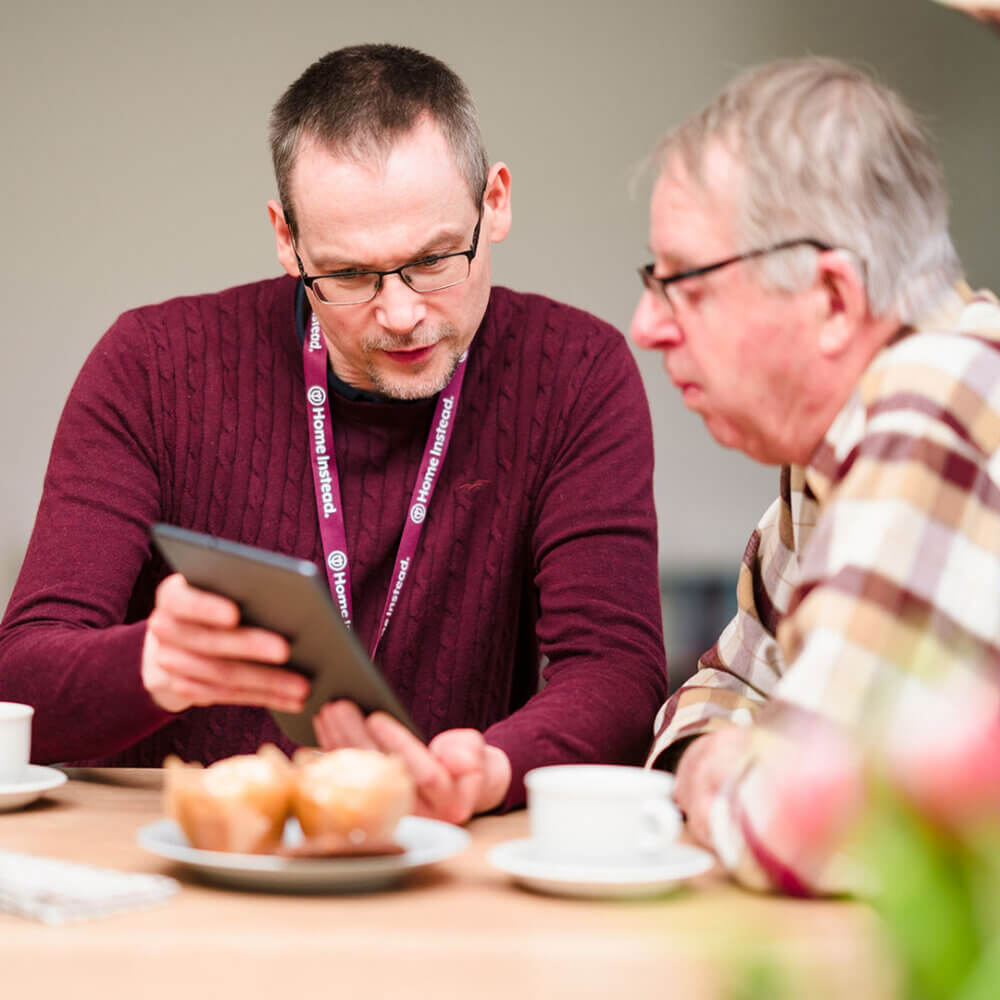
Real-Life Success Stories
To illustrate the transformative power of support groups and social clubs, we share a few real-life success stories from our clients at Home Instead Dorchester.
Margaret’s Journey to New Friendships
Margaret, a retired teacher, was feeling increasingly isolated after the loss of her husband. Encouraged by her daughter, she joined a local book club organised by Home Instead Dorchester. Initially hesitant, Margaret soon found herself looking forward to the monthly meetings. She not only rekindled her love for reading but also made new friends who shared her passion for literature. The support and camaraderie she experienced revitalised her spirit and significantly improved her mental health.
John’s Path to Physical and Mental Wellbeing
John, a former football coach, struggled with depression and a lack of motivation after his retirement. His Care Professional introduced him to a walking football group. The combination of physical activity and social interaction provided John with a new sense of purpose. He enjoyed the physical exercise and the opportunity to share his love for football with others. This regular activity improved his physical health and significantly boosted his self-confidence and overall wellbeing.
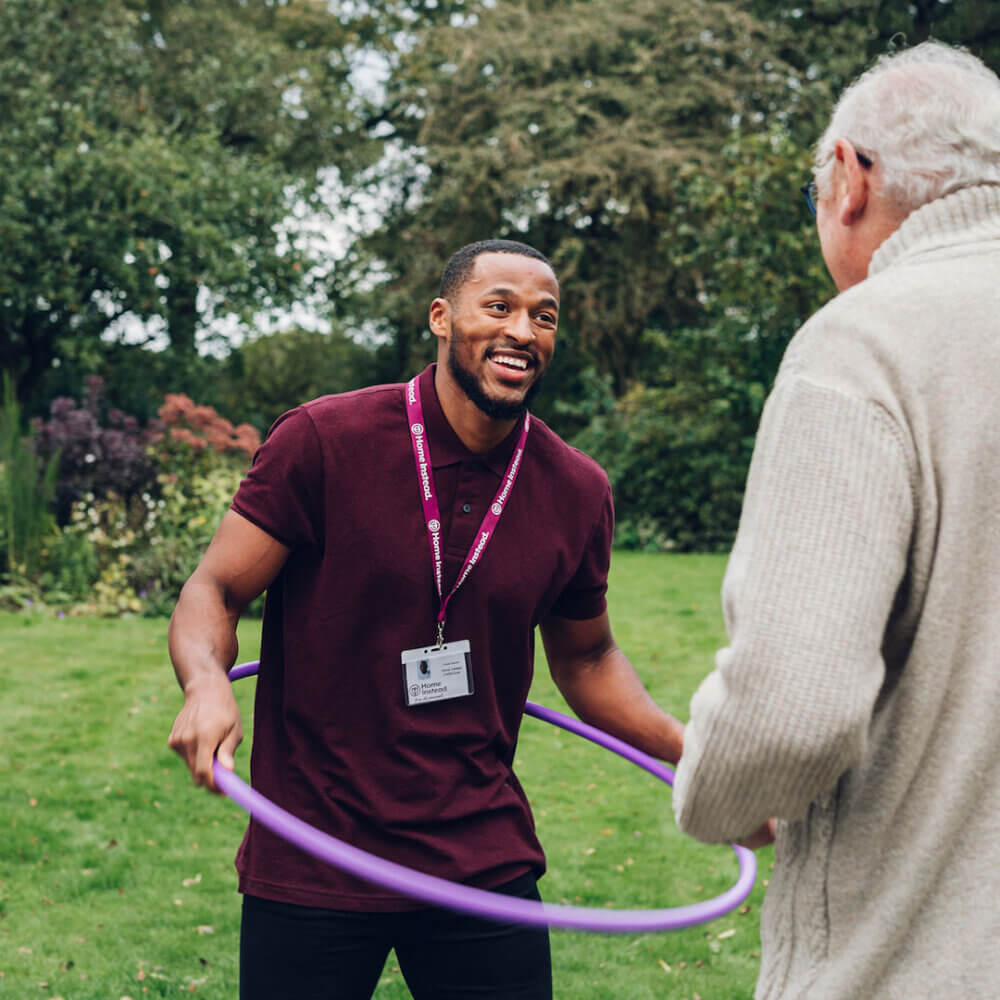
The Role of Support Groups in Addressing Mental Health Problems
Support groups play an essential role in addressing mental health problems. Group participation can provide a sense of belonging and understanding, which is vital for individuals dealing with mental health issues.
Developing Coping Strategies
Support groups offer a platform for sharing coping strategies and techniques that have worked for other group members. This exchange of ideas can help individuals develop new ways to manage their mental health problems.
Building Self-Confidence
Participating in support groups can boost self-confidence as individuals realise they are not alone in their struggles. The encouragement and validation from other group members can help build a stronger sense of self-worth and resilience.

The Benefits of Social Interaction and Wellbeing
Social interaction is a crucial component of overall wellbeing. Support groups and social clubs provide numerous opportunities for social interaction, which can significantly enhance an individual’s quality of life.
Enhancing Social Skills
Regular interaction with other group members helps enhance social skills, such as communication and empathy. These skills are essential for building and maintaining healthy relationships in various aspects of life.
Building a Supportive Community
Support groups and social clubs foster a sense of community among their members. This supportive community can provide a network of friends and resources that individuals can rely on during challenging times.
Improving Physical Health
Many social clubs incorporate physical activities into their programmes. Activities like walking football, dancing, and group exercises not only promote physical health but also create opportunities for social interaction and fun.

How Home Instead Dorchester Supports Group Participation
At Home Instead Dorchester, we are dedicated to supporting our clients’ participation in group activities. Our approach is tailored to meet the individual needs and preferences of each client.
Comprehensive Care Plans
We create comprehensive care plans that include recommendations for suitable support groups and social clubs. These plans are designed to enhance the overall wellbeing of our clients by promoting social interaction and physical activity.
Facilitating Access to Groups
We assist our clients in finding and accessing various support groups and social clubs. Whether it involves providing transportation or accompanying clients to meetings, we ensure that they can participate fully and comfortably.
Ongoing Support and Monitoring
Our team provides ongoing support and monitoring to ensure that our clients benefit from their participation in group activities. We gather feedback and make adjustments as needed to enhance their experience and wellbeing.
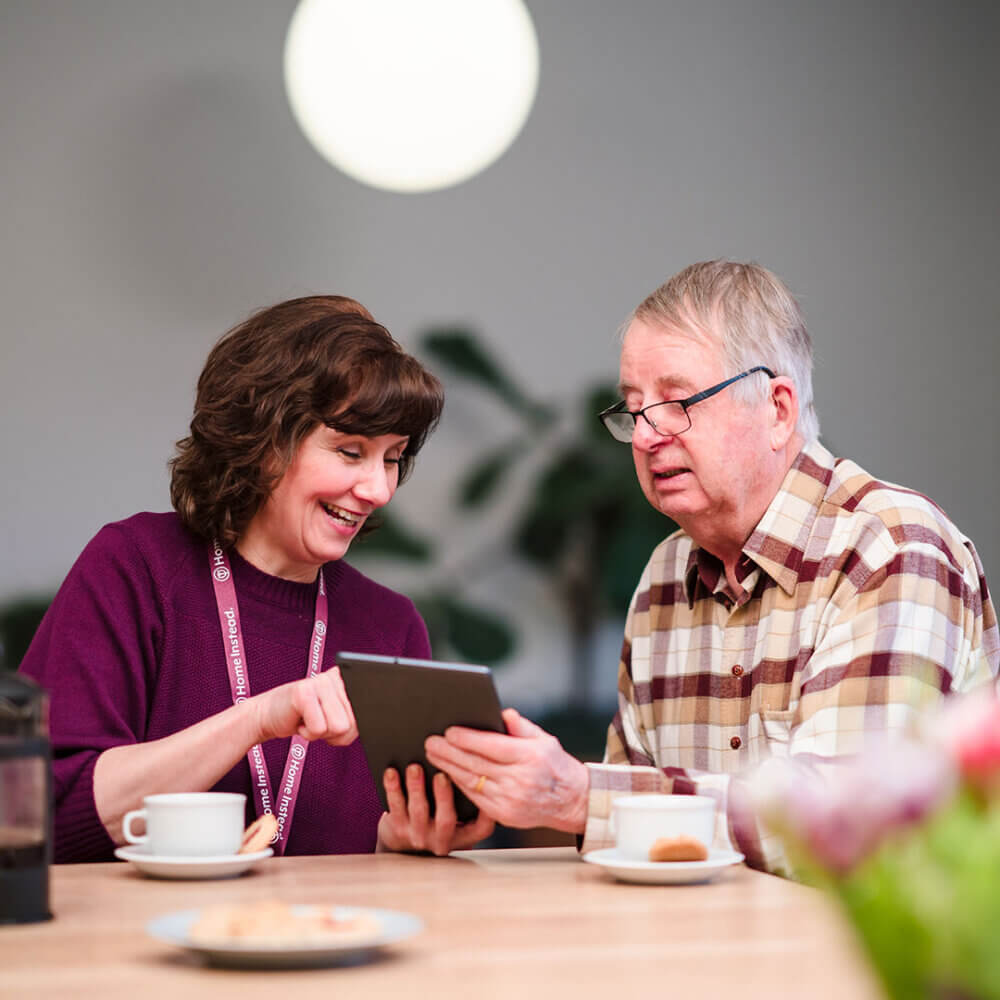
Coping Strategies Learned in Support Groups
Support groups are a valuable resource for learning and developing effective coping strategies. Group members share their experiences and techniques for managing various challenges, providing practical advice and support.
Practical Problem Solving
Support groups often engage in practical problem-solving sessions where group members can discuss their issues and collectively brainstorm solutions. This collaborative approach helps individuals develop new coping strategies and feel empowered to tackle their problems.
Emotional Support
Receiving emotional support from other group members is a key aspect of support groups. Sharing experiences and feelings in a safe space can help alleviate stress and anxiety, providing a sense of relief and connection.

The Role of Communication Skills in Group Participation
Effective communication is essential for successful group participation. Support groups and social clubs offer numerous opportunities to develop and enhance communication skills.
Active Listening
Active listening is a critical communication skill that is emphasised in support groups. Members learn to listen attentively to others, which fosters empathy and understanding, creating a supportive group dynamic.
Expressing Thoughts and Feelings
Support groups encourage members to express their thoughts and feelings openly. This practice helps individuals become more comfortable with verbal communication and improves their ability to articulate their needs and experiences.
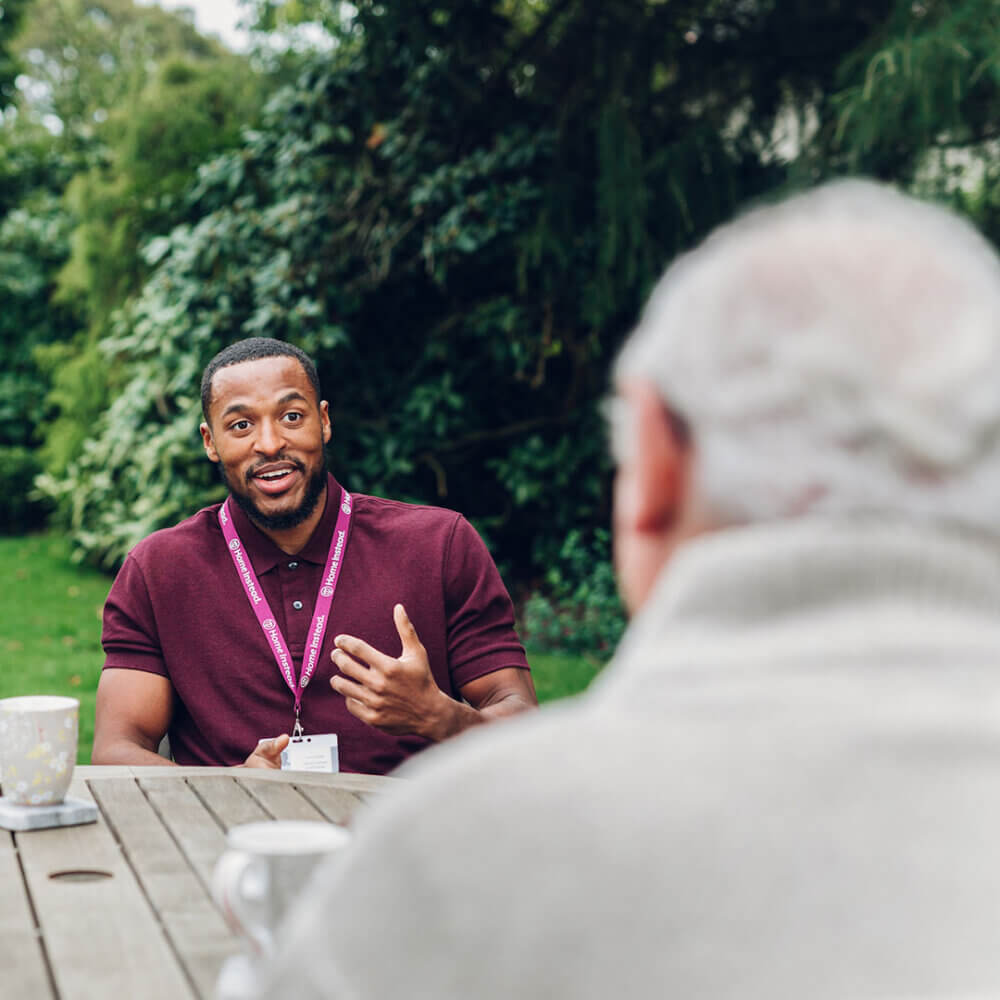
The Impact of Support Groups on Family Members
The benefits of support groups extend beyond the individual participants to their family members. When a person engages in support groups, it can positively affect their family dynamics and relationships.
Improved Family Relationships
As individuals develop better coping strategies and communication skills through support groups, these improvements often translate into healthier and more positive interactions with family members.
Reduced Care Professional Stress
Family members who act as Care Professionals can experience significant stress. Support groups provide a network of support that can alleviate some of this burden, offering respite and understanding.

Online Support Groups: Accessibility and Flexibility
Online support groups have become increasingly popular due to their accessibility and flexibility. These groups provide an alternative for those who cannot attend face-to-face meetings.
Convenience and Accessibility
Online support groups allow individuals to participate from the comfort of their homes. This convenience makes it easier for people with mobility issues or time constraints to engage in group activities.
Diverse Participation
The online format enables participation from a diverse group of individuals across different geographical locations. This diversity can enrich the group experience by providing a broader range of perspectives and insights.

Conclusion
Support groups and social clubs play an essential role in enhancing the lives of individuals by providing a sense of community, promoting mental and physical health, and offering opportunities for personal growth. Home Instead Dorchester is committed to encouraging participation in these valuable group activities. Our dedicated team is here to support you and your loved ones every step of the way, ensuring a fulfilling and enriched life.
By joining support groups and social clubs, you are not only taking a step towards improving your own wellbeing but also contributing to a more connected and compassionate wider community. Embrace the opportunity to build relationships, share experiences, and discover new joys in life through these enriching group activities.

Areas We Serve
Dorchester, Weymouth, Bridport, Sherborne, Cerne Abbas, Charminster, Puddletown, Maiden Newton, Beaminster, Abbotsbury, West Bay, Portland
BH15 4, BH16 5, BH16 ,6 BH17 7, BH18 8, BH18 9, BH19 1, BH19 2, BH19, 3 BH20 4, BH20 5, BH20 6, BH20 7, DT1 1, DT1 2, DT1 3, DT2 7, DT2 8, DT2 9, DT3 4, DT3 5, DT3 6, DT4 0, DT4 7, DT4 8, DT4 9, DT5 1, DT5 2
31 High W St, Dorchester DT1 1UP, UK